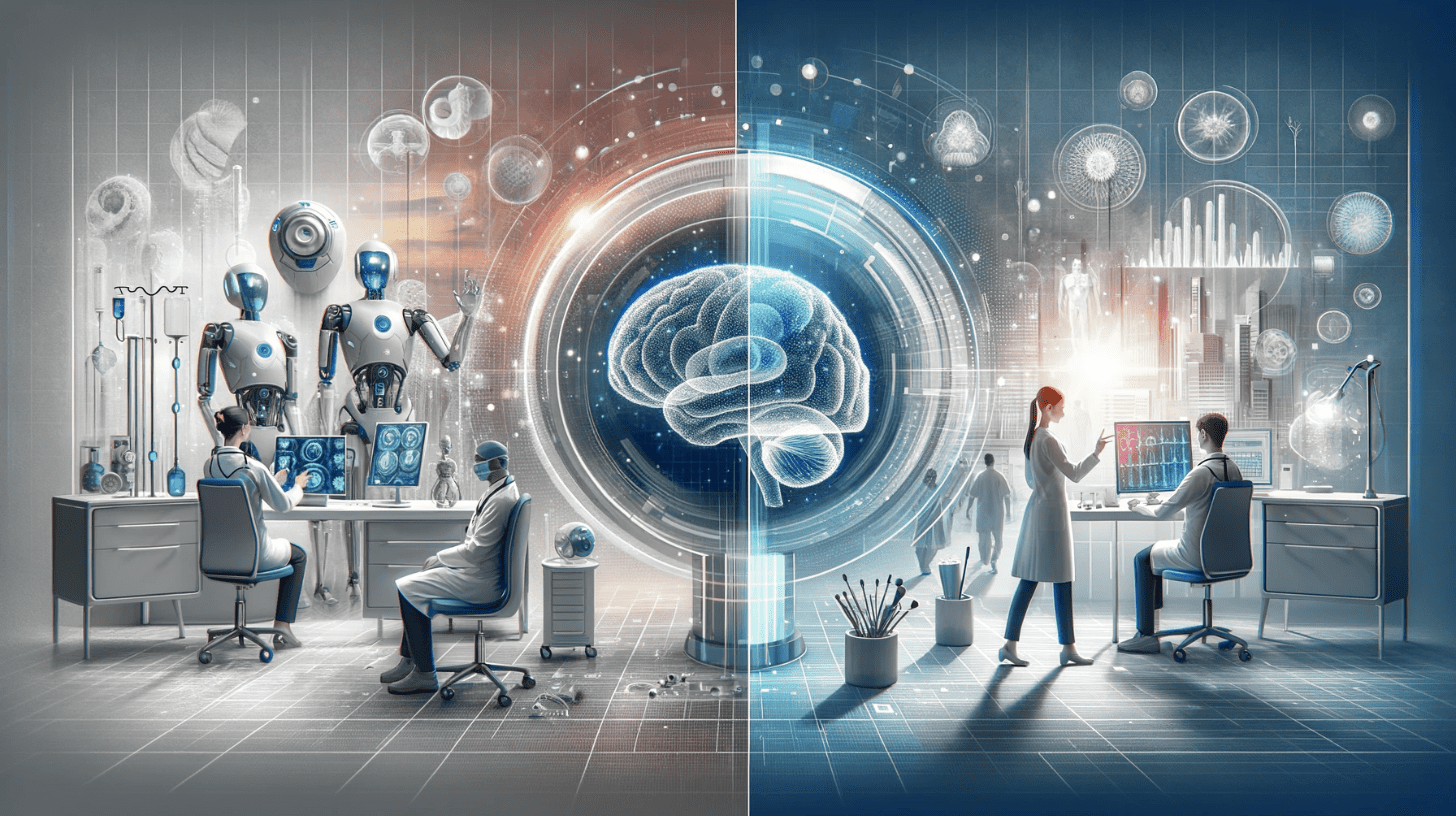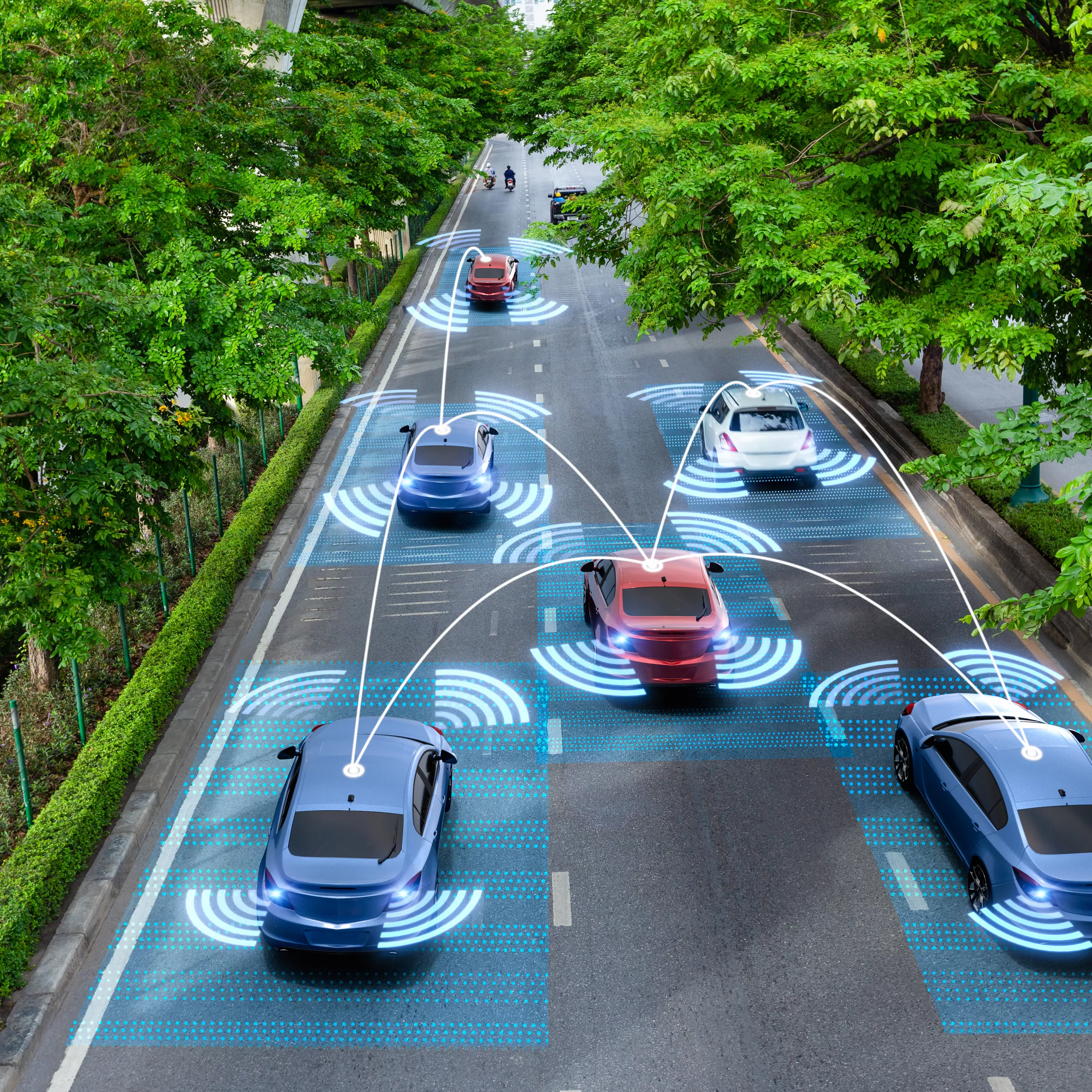Artificial Intelligence (AI) has evolved from a science fiction dream to a vital part of our daily lives. From Siri and Alexa virtual assistants to self-driving cars, AI is revolutionizing industries, enhancing productivity, and redefining human-computer interaction. As we move into 2025, the influence of AI only becomes more powerful, rendering it one of the most debated topics globally. Let's examine how AI is revolutionizing the world and what the future holds.
1. AI in Healthcare
AI is transforming healthcare by facilitating quick diagnosis, customized treatment, and enhanced patient care. Machine learning algorithms analyze medical data to identify disease such as cancer at an early stage, and AI-powered robots aid surgeons with accuracy. Telemedicine applications utilize AI to facilitate remote consultations, taking healthcare to remote locations.
Also, AI-based wearable devices track vital signs and provide real-time information regarding health conditions. Through ongoing innovation in AI, health care will become efficient, affordable, and patient-focused.
2. AI in Education
Education welcomes AI to create customized learning environments. AI platforms study the strengths and weaknesses of students and design customized lessons. Computer-based teachers give instant feedback so that the students are well aware of complex phenomena.
AI also makes administrative tasks like grading and scheduling less complex, allowing teachers to spend more time on teaching. AI is becoming more inclusive in education with the use of AI, addressing different learning styles and capacities.
3. AI in Entertainment
From music and art generated by AI to content recommendation algorithms, the entertainment sector is revolutionizing. Netflix and Spotify, for instance, utilize AI to recommend content based on user interests, enhancing the viewing and listening experience.
AI-generated content such as deepfake videos and virtual influencers are transforming what is possible. With the development of AI, new forms of storytelling and engaging with audiences are being presented.
4. AI in Transportation
Autonomous vehicles and AI-driven traffic management are transforming transport. Autopilot cars employ AI to drive along highways, curb accidents, and maximize fuel usage. Ride-hailing firms deploy AI to map passengers with drivers, making commutes seamless.
AI is likewise at the helm of logistics, streamlining transport routes and decreasing transport costs. With more widespread AI-powered transport, future transport will be faster, safer, and more eco-friendly.
5. Ethical Issues
Though AI offers many advantages, it also brings about ethical issues. Data privacy, bias in algorithms, and the displacement of jobs must be taken care of so that the development of AI is done responsibly. Governments and institutions are formulating guidelines to govern AI and foster transparency.
Conclusion
AI is no longer fiction but a reality that is revolutionizing the manner in which we live, work, and socialize. As AI continues to advance further, it can be utilized to resolve global issues, enhance the standard of living, and fuel innovation in various fields. Its growth, however, needs to be directed in a responsible manner so that its benefits can reach everybody.
The arrival of AI is not merely a technological change; it's a social one that will define the future for generations. Let us welcome this change with wonder and restraint, unleashing the limitless potential of AI.





Comments
Post a Comment